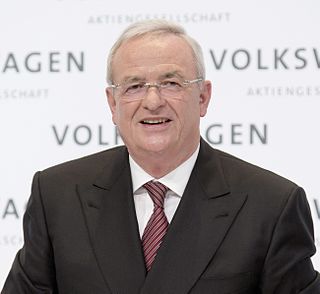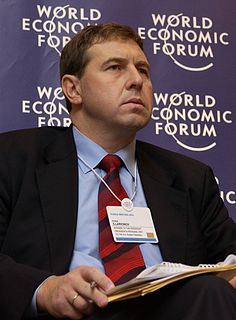A Quote by Tony Abbott
We can't conclusively say whether man-made carbon dioxide emissions are contributing to climate change.
Related Quotes
Here's the problem - carbon dioxide doesn't contribute to smog and isn't a health threat. All of this is being done because some people believe carbon dioxide is causing global warming, and that preventing carbon dioxide from entering the air is the only answer. Never mind that there is still an ongoing scientific debate about global warming itself, and that some respected climate scientists believe that methane is a better target, California legislators have locked their sites on carbon dioxide.
Climate change is a crucial issue in todays global agenda. Hopefully, we will wake up to this reality, sooner rather than later. Pressure has been mounting on European Union Member States to act decisively to fight global warming. A bold target has been set reducing carbon dioxide emissions by 20 by 2020.
I am troubled by the lack of common sense regarding carbon dioxide emissions. Our greatest greenhouse gas is water. Atmospheric spectroscopy reveals why water has a 95 percent and CO2 a 3.6 percent contribution to the 'greenhouse effect.' Carbon dioxide emissions worldwide each year total 3.2 billion tons. That equals about 0.0168 percent of the atmosphere's CO2 concentration of about 19 trillion tons. This results in a 0.00064 percent increase in the absorption of the sun's radiation. This is an insignificantly small number.


































